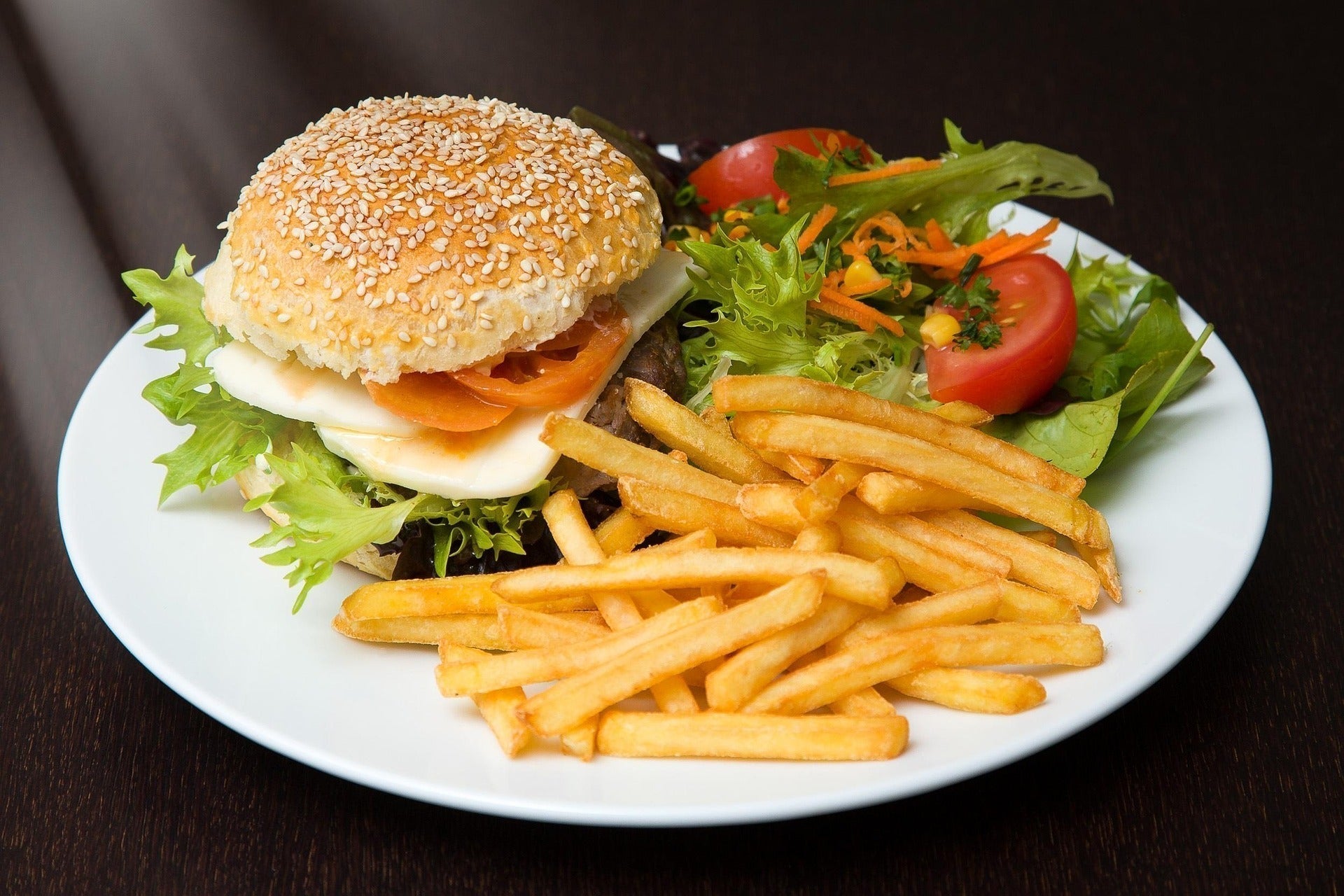If you've been dealing with high blood sugar or a condition like type 2 diabetes—or polycystic ovary syndrome (PCOS), then you probably have heard of metformin. It's a very common medication that doctors use to help patients lower blood glucose levels and improve insulin sensitivity. But it does have common side effects like stomach upset and diarrhea, which make it hard to stick with it. Are there alternatives? Yes. How about berberine? It’s a bitter, yellow compound from plants like Barberry and Goldenseal.
Berberine has been used in Chinese and Ayurvedic medicine for thousands of years to treat infections and digestive issues and to help with blood glucose. The Chinese have used it for diabetes for as long as there's been diabetes in China. In some circles it is called "natural metformin" because it seems to work in similar ways. It helps to control blood sugar, makes insulin work better, improves cholesterol, and even supports weight management. But is it really as good? And if it is that good, why isn't everyone switching to it?
We'll take a look at two key studies that compare berberine head-to-head with metformin. Then I'll explain why berberine's low absorption can be a problem. And we'll take a look at results from one of the new versions—second generation berberine formulas that make it gentler on your body.
Berberine as a Natural Metformin: 2008 Study
The oldest study that I found with a comparison of berberine and metformin is from 2008. The journal Metabolism published a study from researchers in China. They tested berberine in a head-to-head competition with metformin in a study with 84 adults that had type 2 diabetes.
They split the volunteers into three groups:
- Some of the newly diagnosed people got berberine or metformin alone.
- For the people who already had diabetes but were poorly controlled, they simply added berberine to the usual medicines like insulin or other pills.
Everyone took 500 mg of the treatment three times a day with their meals for three months. And the results? Well, they were spectacular for berberine! In the new diabetes group, berberine dropped average blood sugar, as measured by HbA1c, from 9.5% to 7.5%. It's about the same as what you saw with metformin, which went from 9.2% to 7.7%.
Fasting blood sugar also fell in the berberine group from 10.6 mmol/L to 6.9 mmol/L. That was about the same as what was seen with metformin. You can take a look at the graph below and see that it doesn't look much different for berberine or metformin.

After-meal sugar spikes also improved a lot in both cases with berberine and metformin, showing that insulin sensitivity was improved and pancreatic function was much better.
So blood sugar results were very similar with berberine and metformin, but there's more. Berberine also beat metformin in helping with other risk factors for cardiovascular disease. Triglycerides were down by 21% with berberine compared to almost no change with metformin.
Berberine also dropped total cholesterol by 13%, with LDL cholesterol going lower too. In the group that added berberine to their other drugs, insulin resistance improved by nearly 45%, using a score called HOMA-IR, and waist size shrunk without big weight loss. This shows that berberine was helping fight belly fat, which is a big risk for heart disease.
And the side effects? About 35% of the people had mild GI troubles like gas or loose stools, but these faded after a few weeks and no one had liver or kidney problems. The researchers called berberine a "potent oral hypoglycemic agent"—so berberine might be a great alternative for those who are taking metformin, and they're likely to get even better results.
Berberine for PCOS: 2022 Study
I don't know what happened in all the years between 2008 and 2022, but finally there's a great study with women who have polycystic ovary syndrome (PCOS). This is a condition that affects up to 1 in 10 women of childbirth age. It causes irregular periods, excess hair, acne, and fertility issues, all due to hormone imbalances and insulin resistance.
So in 2022, this trial from India compared berberine, metformin, and myoinositol, which is a helper-like vitamin for insulin. The trial included 129 women aged 15 to 40. Each group got their treatment twice a day for three months—500 mg twice a day for berberine, or 500 mg twice a day for metformin, or 1000 mg twice a day of myoinositol. There was no recommended change in diet or exercise to limit the results to just what was being tested.
Well, it turns out that the researchers picked three winners: berberine, metformin, and myoinositol—they all worked. But for some aspects berberine actually worked better. Body weight dropped about 4 kilograms in the berberine and metformin groups, and 2 kilograms with Myoinositol. BMI, or the Body Mass Index, improved in all groups.
Better Weight Management with Berberine
But for waist size, berberine won big, shrinking it by 4 cm versus 2 cm for the others. And the waist-to-hip ratio, which is another marker for heart health, improved the most with berberine too. Blood sugar and insulin improved in all the groups. But for just pure insulin sensitivity improvements, myoinositol worked best, falling 46% versus 22% for berberine.
Hormone Improvements with Berberine
Well, what about fixing the imbalanced hormones seen in PCOS? Total testosterone dropped similarly in all groups, but berberine boosted sex hormone binding globulin (SHBG, which binds up free testosterone so it causes less symptoms) more than the others, leading to the biggest drop in free androgen index. So berberine has a slight edge in hormone balancing as well.
Extra Benefits of Berberine: Blood Lipid Improvements
While metformin and myoinositol helped with body weight and blood sugar issues, berberine shined when it came to blood lipids. Berberine slashed total cholesterol by 13%, dropped triglycerides by 6%, and LDL cholesterol by 17%, while raising the HDL cholesterol level by 5%.
This was great, but metformin was better in this study for lowering triglycerides, scoring about a 33% drop. Overall, the study showed that berberine matched metformin's classic benefits, but also had extra benefits for body shape, improving hormones, and decreasing heart disease risks.
Three women quit metformin because of gut issues, versus none on berberine. The natural berberine treatment is probably gentler for some people.
Berberine: 3 Reasons Why Isn’t It More Popular
If berberine is so good, why isn't everybody taking it? Well, the first thing is that there are more salesmen pushing metformin as a pharmaceutical than berberine as a natural supplement. There isn't nearly as much money to be made with berberine, I do think.
Second, there are a lot more studies with metformin than there are with berberine. There isn't nearly as much money behind berberine as a natural supplement to test it over and over in studies to show that it has the same impact. This makes doctors more hesitant to trust and try berberine with their patients.
There are some good studies, but there are not near as many as you would find with metformin. I myself wouldn’t have realized how well berberine worked until I heard a comment about “natural metformin” that prompted me to check out the claims more carefully.
The third issue is that berberine isn't absorbed really well. Studies show that only 0.5% to 5% gets into your bloodstream. Most of it stays in your intestinal tract—it doesn't reach your liver or your muscles where it could actually help with blood sugar issues.
Because so little of it is absorbed, you need pretty high doses, like 1,000 to 1,500 mg a day, to see its effects. Of course, you split it up and take it with meals, which helps with side effects. But that's a lot of berberine left in your gut, and that can cause irritation, such as bloating, cramps, or even diarrhea—which is seen in 10 to 35% of users, especially when they first get started.
Using a lower dose helps, but then you don't get as much benefit either.
How to Make Berberine Better
Scientists have looked for a way to make berberine more absorbable. The key to this has been to mix it with some lipids. Scientists call this a "phytosome." It's kind of like a liposome, but easier to make. The result is a solid dispersion of berberine in lecithin, pea protein, and grape seed extract. In 2021, a trial in the journal Evidence-Based Complementary and Alternative Medicine tested berberine phytosome with healthy people. The result of taking the phytosome form was a 8 or 9-fold increase in total berberine absorption, and a 5 or 6-fold increase in free berberine bioavailability. (See the Figure below.) And the doses needed were much lower to get this increase.

In 2023, researchers took this phytosome berberine formulation and did a study in Pakistan with 130 women struggling with PCOS. They compared a placebo control with the phytosome berberine, which delivered about 360 milligrams of berberine per day, which is about what is seen in the upper line in the graph above (same tablets).
These women mostly had abnormal menstrual cycles, but they didn't have trouble with blood sugar levels or lipids. Those were normal. The results showed that berberine does a lot more than just normalize blood sugar and lipid levels.
In the women taking the berberine, their acne cleared up faster. The periods were normalized in 70% of them versus just 16% in the control group, anatomy of their ovaries improved in 60% of the berberine group, but only 13% of the control group, and fertility improved with berberine. Three women who had not been able to get pregnant conceived while taking berberine. Great results, showing that berberine, when enough of it got absorbed, helped balance hormones as well as blood glucose and blood lipid levels.
Wrapping it Up
So, if your doctor is pressuring you to try metformin, now you know that you have an alternative. Berberine, especially the berberine phytosome, works really well. But even standard berberine has been shown to help control blood sugar levels and blood lipid levels, help normalize hormones in PCOS, and help with weight loss—especially around the middle. So berberine is a solid alternative to metformin.
Of course, you can reverse your diabetes without taking berberine at all. You really just need to lose about 35 pounds of body weight and be disciplined about following a healthy lifestyle. It is the weight loss that will ultimately drive down fatty liver (causes high fasting blood glucose) and fat-inhibited pancreatic action. But meanwhile, if you want a little help to get better results faster, you should talk to your health care provider about using berberine. It might be a great option for you.






